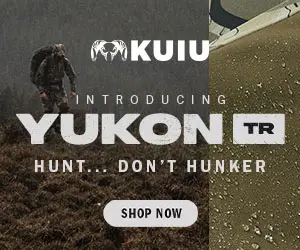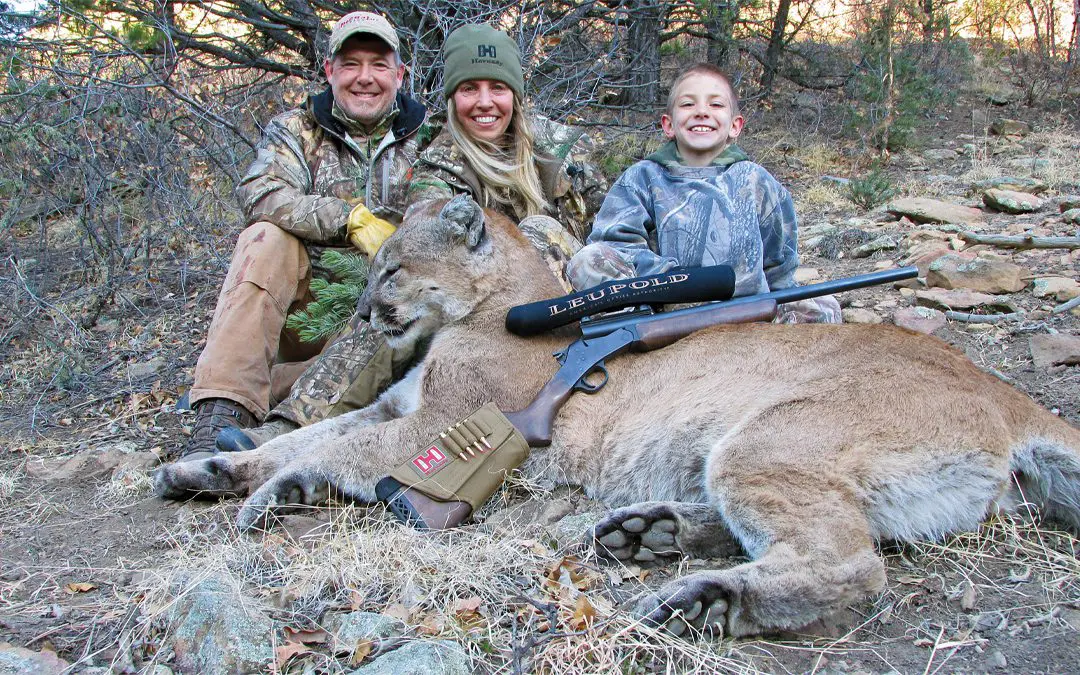
NOTICE: Certain links on this post may earn a commission for Western Hunter Magazine from Amazon or our other affiliate partners when you make a purchase. Thank you for your support.
Anti-hunting Hunters: Apathy is the Worst Policy
Anti-hunting hunters. Sounds weird, doesn’t it? Sadly, it isn’t a joke. What’s scary is that the anti-hunting hunter is often us. I’m sure you’re reading this and thinking that I’m not referring to you. I’ve been guilty of it in the past, and as you read on, my guess is that you might realize you’ve been guilty as well.
Attacks on individual outdoor pursuits are happening now more than ever and are fueled by those that don’t care about wildlife management. The following information is just the tip of the iceberg. I would implore all fellow outdoorsmen to make sure you are part of the solution and a protector of our rights, or you may find yourself without support when they get down to what’s important to you.
Getting educated on all issues is paramount. If you’re just too busy to get educated, then put your money to work. Anything helps; $25 bucks doesn’t seem like much, but it adds up if all the outdoorsmen in a state donate to an organization that is trying to protect our rights.
California Lions
A prime example of hunters and outdoorsmen not rallying together was in California. Anti- hunters launched a full-scale attack to stop lion hunting. From a management perspective, it didn’t make any sense to stop lion hunting. The lion population wasn’t in danger and many statistics showed numbers were increasing, not decreasing.
Unfortunately, many hunters in California weren’t perhaps as worried as they should have been about losing the opportunity to hunt mountain lions. Lion hunters were a relatively small group of resident and nonresident houndsmen that took the majority of the mountain lions themselves, or guided clients on cats. They didn’t have enough support or money to fight the attacks. Had all the outdoorsmen in California rallied together and raised more money to help educate the public, it may have had a different outcome. Instead, the anti-hunters won, and lion season was lost.
The most disgusting aspect of this example - besides the fact that many bird hunters, big game hunters, small game hunters and fishermen didn’t turn out to fight to support lion hunting - is the fact that more lions are being killed in the state of California now that there isn’t a legal hunting season for them. There they are just being killed by state trappers that manage problem animals. So, the state is now paying for the animals to get killed and not making revenue on outdoorsmen buying tags to have an opportunity to harvest a cat.
Other ramifications are that the meat isn’t being consumed and rarely are the hides even being taken. To me, this is disrespectful of the lion and a prime example of how most anti-hunters don’t care about the animals’ welfare as much as they just don’t want us to hunt them. If they did care about the animals’ welfare, they would leave management in the hands of the trained wildlife biologists that make recommendations to the state game and fish departments.
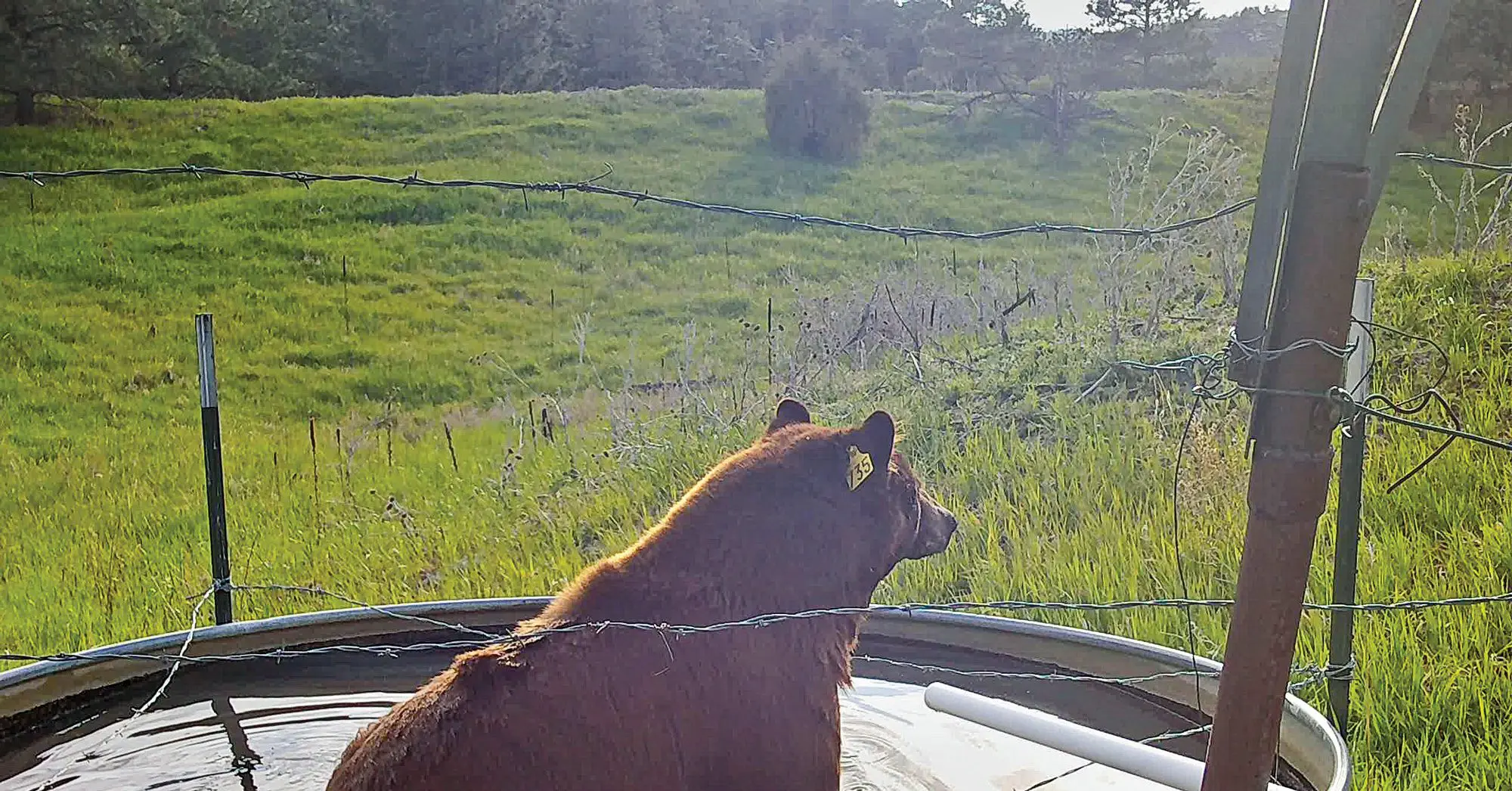
Letting bear management decisions be made at the ballot box in Colorado has resulted in poor resource management. Too many trouble bears are being killed by wildlife officers and wasted, rather than being harvested by licensed hunters that would buy a tag, pay for taxidermy, and utilize the meat.
Colorado Trapping
Many of us have been guilty of not supporting or voting to protect others’ outdoor pursuits. Another glaring example I witnessed is when trapping came to a vote in Colorado. It was easy for the anti’s to get enough signatures to get it on the ballot, because there were tons of well-meaning cityots (that is city and idiots put together to form an appropriate word) that had never seen a coyote, skunk, fox, badger, or beaver. They had never dealt with the issues of them killing chickens, calves, spreading rabies, tearing up agricultural fields, or flooding rivers or creeks. Please don’t write to the editor if you live in the city limits and do not fall into this category. It wasn’t directed at outdoorsmen that live in the city. Many of the cityots were also unfortunately easily swayed into thinking that trappers hated animals and that trapping was cruel. The misinformation introduced to the public was unbelievable. Sadly, although by a small margin, the vote went against the trappers and trapping season as we knew it was lost.
What impacted me even more than losing a piece of Colorado’s history and the most efficient way to control predators in the state was why we lost. When researching the reasons with pro-hunting groups in Colorado, we had a dismal amount of outdoorsmen that voted. I was truly appalled by the numbers of outdoorsmen that would admit to not voting to protect trapping. The overwhelmingly response I heard when I would ask why they didn’t vote, it was, “I don’t trap.” The second largest response was, “I didn’t think there was any way it would pass.”
The fact that the two main reasons we lost trapping was because either our fellow outdoorsmen wouldn’t support an outdoor pursuit they didn’t personally partake in or the fact that they were confident that others would turn out to vote was honestly demoralizing. I started referring to hunters that didn’t vote to protect outdoor pursuits they didn’t actively participate in as anti-hunting hunters.
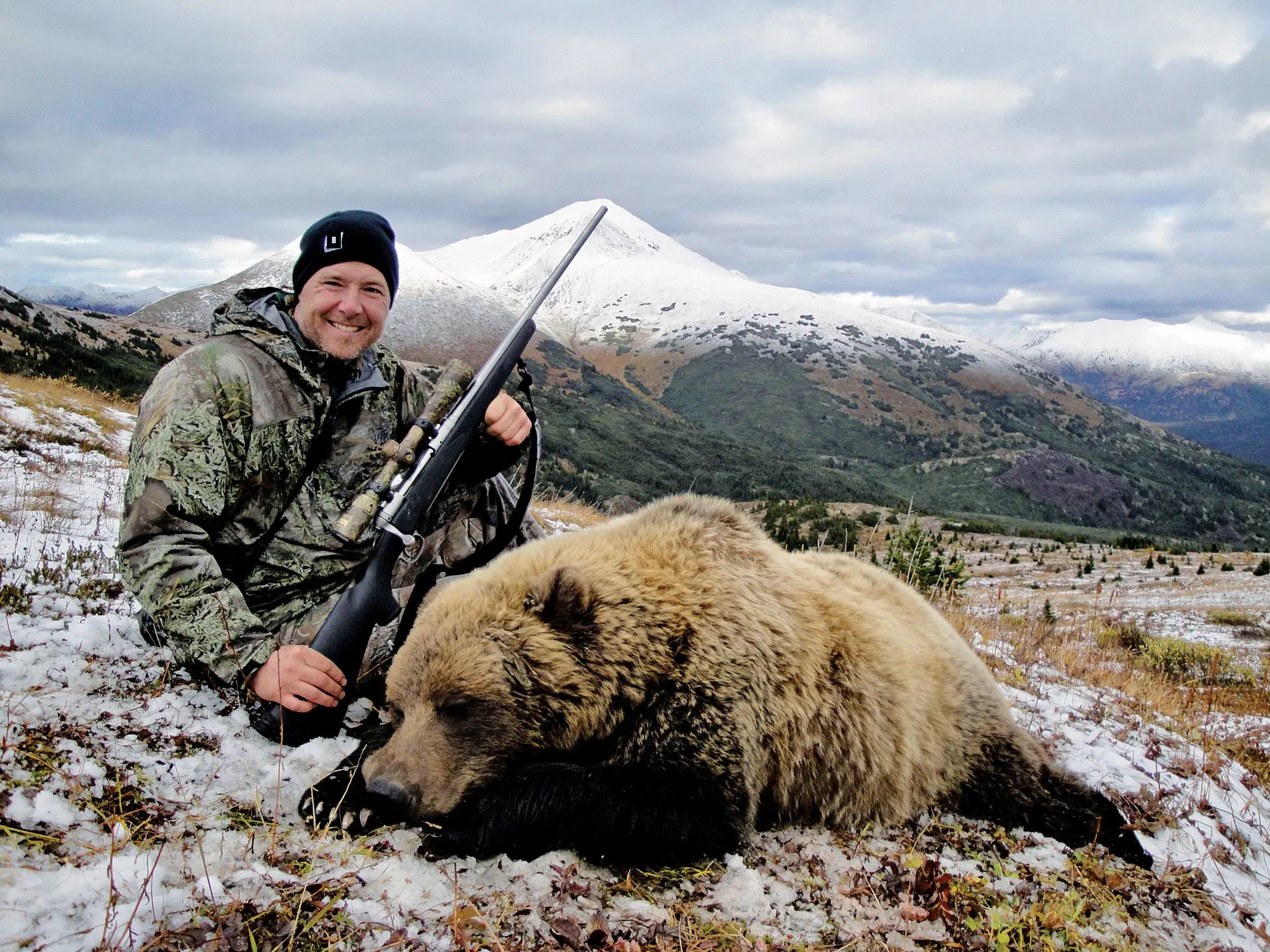
Unfortunately, wildlife management decisions are often being made at the ballot box and are not based on sound wildlife management practices.
B.C. Grizzlies
We are not alone. Just two years ago, British Columbia lost grizzly bear hunting. It wasn’t based on any sound game management or because grizzly numbers were declining. In fact, the Premier of British Columbia said it was a political decision and not a management decision. An outfitter has started a class-action lawsuit against the province and I wish them luck.
Wait, There’s More…
What do these three examples have in common? First and most frightening is the fact that all were not based on responsible management of a resource. They were based on the general public voting on emotion about things they don’t fully understand. The general non-hunting non- fishing public can be and often is fooled by misinformation.
When we lost spring black bear hunting years ago in Colorado, the ads on the television that the anti-hunters ran showed a sow with little cubs and said something along the lines of, “Do you want these cubs orphaned?”
Of course, people were incensed and voted to not allow hunters to “orphan cubs”. If I wasn’t a hunter and educated on the subject, I’d have voted against it as well. The problem was that it was already illegal to shoot a sow with cubs. It was a blatant lie and misinformation campaign, but it worked. We lost spring bear hunting and baiting, which is the most efficient way to harvest black bears.
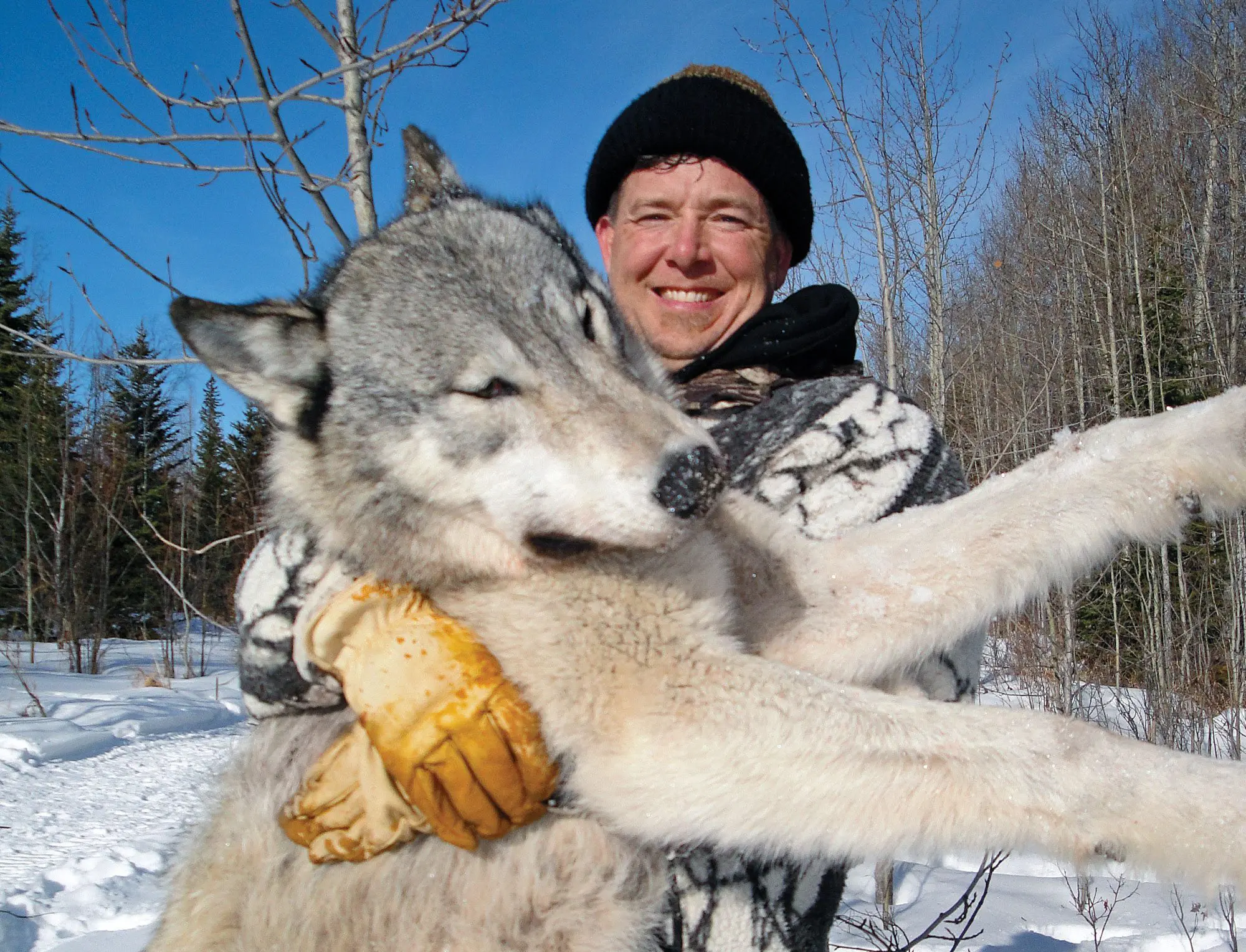
Don’t be fooled by misinformation. Introducing more wolves into the Lower 48 will be devastating for our game populations, not to mention the impact on livestock.
The result is we now have an overabundance of black bears, and our Game and Parks Commission kills hundreds every year that are “problem bears”. The meat is thrown out and the hides - if not thrown out - are sold for a pittance of the money it would have generated if a hunter had bought a tag, harvested a bear, had the hide tanned, and meat processed and eaten instead of thrown in a dump.
Currently, we are in another fight in Colorado. Some well-meaning people and some not-so-well-meaning anti-hunters are trying to have wolves “introduced” into Colorado.
First off, the term introduced is a lie. We already have documented cases of wolves in Colorado that were traced to the Yellowstone pack. Surprise, surprise; the wolves didn’t stay in the park. After hammering Shiras moose, elk, deer, and all kinds of game, they are breeding and expanding their range.
I have donated money and time to Big Game Forever to help fight this initiative, because unfortunately, many anti-hunters have stated that their goal is to reintroduce wolves to all states because they know wolves will reduce animal populations to unhuntable numbers. Sadly, many elk hunters in Colorado won’t get involved or donate money to fight this new threat.
Like it or not, it’s a fact that many wildlife decisions are now being made at the ballot boxes and not based on sound wildlife management decisions. That’s right; the cityots are voting on what and whether you should be allowed to hunt and fish.
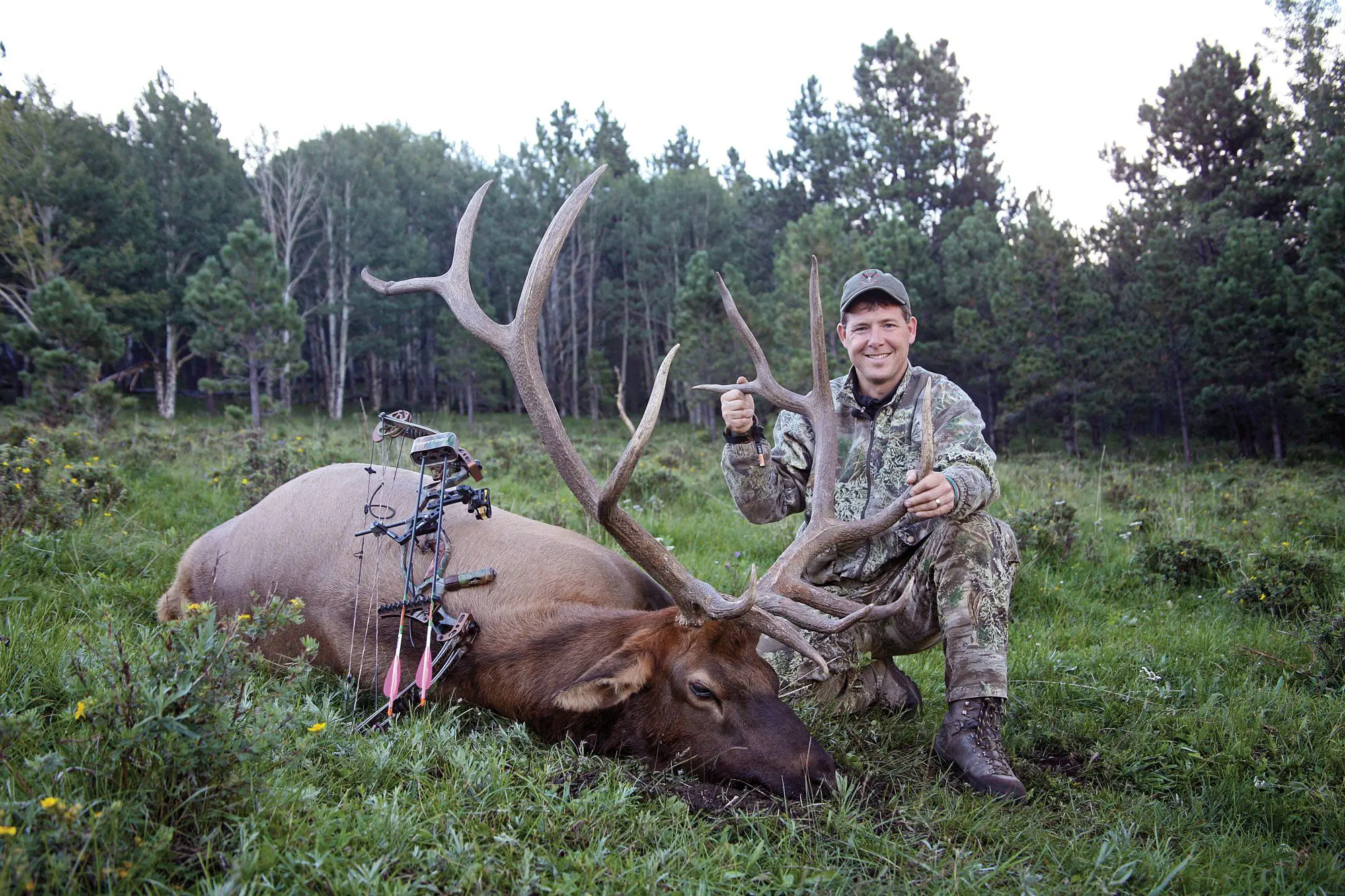
To continue to have quality hunting experiences, apex predators like mountain lion, grizzly, black bear, and wolves need to be managed based on sound science.
Education and Solidarity
My suggestion is to push every Game and Fish Department to hire marketing directors. I want to see them spending some of “our” money to promote the sport they are managing. I want to see pro-hunting and fishing commercials in every state. Show that it is thanks to hunters and fishermen and our money that others have lands to bird watch, kayak, hike, and mountain bike on. Educate the non-hunting and non-fishing public on what we do - that we are conservationists that utilize the animals and treat them with respect.
Teach them that a hunter’s bullet or arrow is the best death an animal can hope for. To quote Fred Bear, “Nature’s law of tooth and claw is crueler than any death I could ever bestow.” Teach them there isn’t an old folk’s home for animals and fish where loved ones come visit. Teach them that they slowly starve or get disease and/or are eaten alive by predators.
The solution is to get involved. Vote to protect hunting, fishing, trapping, or any outdoor pursuit, even if it’s not one you enjoy. Join your state organizations and national pro-hunting organizations and show up for public forums. Don’t be an anti-hunting hunter.

